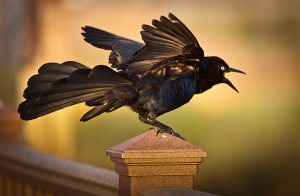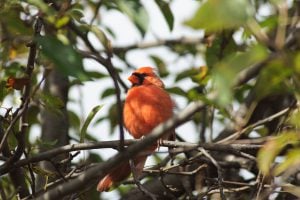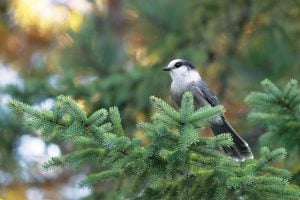
Travel
Rare birds
Spread your wings with birdwatching’s elite guard in south Texas
- 2583 words
- 11 minutes
This article is over 5 years old and may contain outdated information.
Environment

Whether it was the unusually mild winter weather or the chance to spot some rare avian visitors, something brought Canadian birdwatchers out in record numbers for the 2016 Great Backyard Bird Count.
Canadians submitted 13,665 checklists and recorded 246 different species, coming in second for participation worldwide after the United States and just ahead of India.
Around the globe, the most commonly reported species of bird was the dark-eyed junco, which appeared on more than 63,000 checklists. The northern cardinal, mourning dove, downy woodpecker and blue jay rounded out the top five. (The top 10 observed species were all North American, reflecting high participation in that region.)
Canada geese were among the most numerous species observed, with more than 1.1 million individual birds recorded across all checklists.
Early in February, Bird Studies Canada predicted that the strong El Niño pattern in the Pacific Ocean would bring some unusual birds to Canadian backyards. That prediction came to pass: two redwings – European cousins of the American robin – were spotted, one each in Nova Scotia and British Columbia, marking only the second time the species has been reported in Canada.
GBBC organizers said the B.C. bird probably crossed the North Pacific from Siberia, perhaps pushed along by a string of storms fueled by El Niño, while the Nova Scotia bird more likely came across the north Atlantic.
Three other relatives of the American robin – the white-throated thrush, clay-colored thrush, and rufous-backed robin – which are normally found in Mexico and Central America have been showing up in greater numbers in the southwest United States, and may be moving north as a result of a warming climate.
The next GBBC is scheduled to take place February 17-20, 2017, but birders are encouraged to keep reporting sightings year-round through the citizen science module eBird.
Related: Vote for Canada’s national bird through Canadian Geographic‘s National Bird Project!
Are you passionate about Canadian geography?
You can support Canadian Geographic in 3 ways:

Travel
Spread your wings with birdwatching’s elite guard in south Texas

Wildlife
You’ll be amazed at the feathered friends you can attract to your yard by following these simple tips

Wildlife
Editor-in-chief and associate publisher Aaron Kylie contributed this chapter to a compilation book about the Canada Jay

Environment
David Boyd, a Canadian environmental lawyer and UN Special Rapporteur on Human Rights and the Environment, reveals how recognizing the human right to a healthy environment can spur positive action for the planet